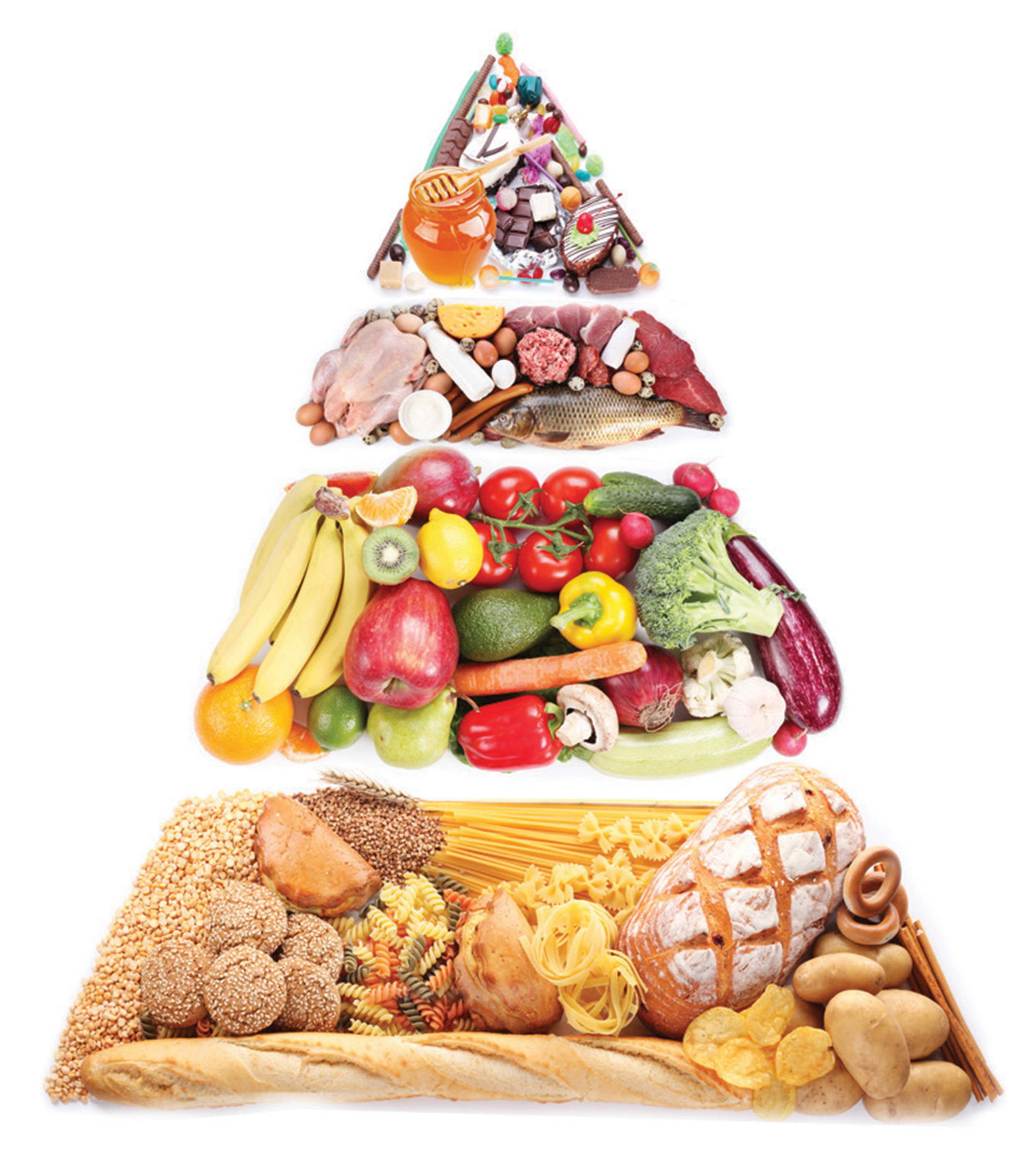Here are the answers to the some of the other Frequently Asked Questions (FAQs) about chemotherapy.
1. Is It Painful?
Receiving chemotherapy by injection, orally or on the skin is usually no more painful than taking any other medicine by these methods. However, your vein may become hardened or sore after repeated intravenous injections. Be sure to report to the doctor or nurse any pain or discomfort that occurs during or after an injection or infusion.
2. Can I Take Other Medicine While I Am On Chemotherapy?
Some medicine, including over-the-counter medicine, herbal and traditional medicine, may interfere with the effects of drugs used in chemotherapy or may have unsafe effects too. It is therefore important to let your doctor know exactly what other medicine you are taking before starting or while you are on chemotherapy.
3. Can I Take Vitamins And Mineral Supplements?
Take a well-balanced diet to obtain necessary vitamins and minerals. You may take vitamin supplements but do discuss with your doctor beforehand.
4. Can I Take Alcohol?
Discuss with your doctor first before consuming any alcohol and if safe, do so only in moderation.
5. Will I Have To Adjust My Diet While I Am On Chemotherapy?
 Generally, there is no need to adjust your diet while you are on chemotherapy. However, you may be required to adjust your diet in the event that you experience certain side effects.
Generally, there is no need to adjust your diet while you are on chemotherapy. However, you may be required to adjust your diet in the event that you experience certain side effects.
One point to note: as chemotherapy will weaken your immune system, it is safest to avoid raw or undercooked food such as sushi, raw meat and runny eggs to prevent infection. Bacteria are often present in uncooked food, which are usually killed by the cooking process. If your doctor determines it is safe to eat uncooked vegetables and fruits, they should be carefully washed first.
It is also very important to have a well-balanced diet while you are undergoing chemotherapy. People who eat well can cope with side effects better and fight infections more effectively. Moreover, having sufficient nutrients, especially proteins, will ensure that your body rebuilds tissues faster.
6. Do I Need To Stay In The Hospital To Receive Chemotherapy?
Generally, chemotherapy is given in the outpatient clinic. However, you may need to stay in the hospital if your doctor feels that it is necessary to closely monitor your body's response to chemotherapy.
Some chemotherapy regimens may take many hours as the drug needs to be infused continuously for two to five days or longer. This can be done as an inpatient or outpatient.
7. What Should I Do If I Miss A Chemotherapy Session Or Skip A Dose Of Medication?
It is very important to keep to the chemotherapy schedule prescribed for you by the doctor. This is because missing or delaying your chemotherapy may affect the effectiveness of the chemotherapy regimen.
Occasionally, your next cycle of chemotherapy has to be delayed due to either low blood counts or severe side effects. Your doctor may then consider adjusting the dosage and will discuss this with you.
Consult your doctor or pharmacist immediately if you miss a dose of medication. They can advise you on the most appropriate course of action. Do not take a double dose of the medication to make up for any missed doses without specific instructions from your doctor because this may cause more harm to your body.
